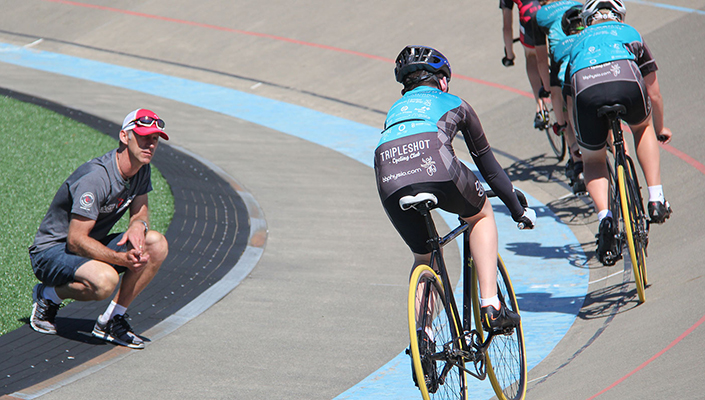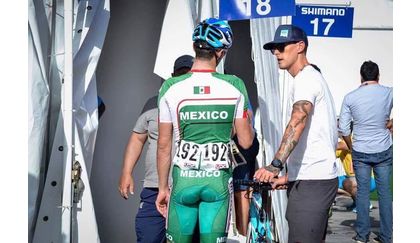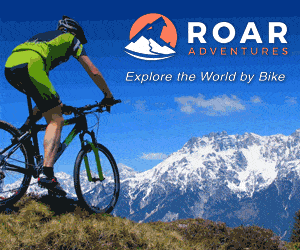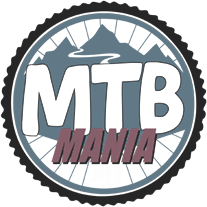"Who really needs a coach? If you want to succeed, you can do it on your own!" - Said no one ever. Most professional and elite athletes have coaches. Is this why they’re successful? Not entirely, but it’s one of the more important factors. Besides, coaches aren't just for top-level athletes. Your goal may be a big local race win or to finish a century. Coaches can steer you in the right direction, give you that physical boost you need, hold you accountable, and give you a new sense of motivation. You may not need a coach, but there are lots of benefits for riders of every level. That being said, coaches can also do a lot of damage if they’re untrained or lack experience. Coaches come in many different shapes and sizes, with unique personalities and varying degrees of education and know-how. Some coaches have helped athletes achieve gold medals and some have ruined careers. The latter is rare, but it’s something to think about.
So, what do you need to know when choosing a coach? A lot more than you would think. Before setting out to find one, ask yourself these key questions:
- What do I need as an athlete?
- What are are my weaknesses?
- What are my goals?
Seek a coach with experience in your sport's discipline
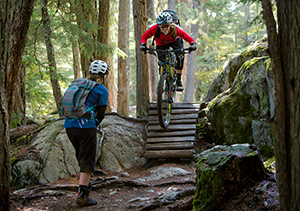
Are you a road cyclist, XC rider, or triathlete? Find a coach with first-hand knowledge and experience training athletes in your specific discipline or focus. For example, road cycling has its unique challenges and formats, like the training needed to prepare and get through a long stage race versus a one-day race. A coach needs to have a good understanding of the sport and everything surrounding it. As a triathlete, you may be thinking a triad of coaches, one each for cycling, swimming, and running, or perhaps a coach only for your weakest leg; however, a triathlon coach that can tie and balance all three disciplines together may serve you best.
RELATED: 6 tips for clean training
Are they certified?
Most coaches will have a wealth of personal cycling experience and knowledge to draw from. Adding certifications shows a coach's proficiency in training and skills. Most official governing bodies for national cycling programs (e.g. USA Cycling, Cycling Canada, British Cycling, Cycling Australia) have multi-level coaching certification and training programs. A good coach doesn't have to be certified to be good, but many coaches will get certified by their national governing bodies.
There are also large coaching programs that certify and train coaches to their principles, methods, standards, and tools, such as TrainingPeaks and Carmichael Training Systems.
Take into consideration, too, a coach's education and other training and how it enables them to help you meet your goals. You'll find many coaches who have secondary education, degrees, or certifications in exercise science, biology, sports nutrition, or bike fitting.
Are they within your budget?
What’s your budget and what do you need? Time is money – the more time you require from your coach, the more money you'll spend. Any serious coach is going to charge what they feel they are worth and for their time spent doing it. If you want a coach that is going to come out and ride with you twice a month, do testing, and answer every email immediately, then you can expect to pay for it. For athletes, being ambitious and reaching one's goals is part of life. A coach can help make that happen and your money can be well spent – less or more depending on how much experience they have and the personalization and attention you require.
Are they local or long distance?
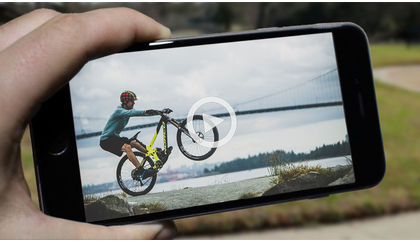
The location of your coach matters only if you require someone local. If you want to connect in-person and get hands-on training, then finding a local coach is a must. If you’re the type of athlete that only needs a training program emailed once or twice a week, data analysis, and a Skype call here and there, then an experienced distance coach is going to be fine.
Talk with prospective coaches about your situation and goals. You'll identify which aspects of coaching are going to matter most to you, how the coaches will approach helping you, and if their proximity will matter.
Are they a fit?
This is why you should go on a month trial period with a coach. You may not see results in a month, but you will have a good idea if your coach is meeting your needs and, to put it plainly, if you both "click". When hiring a coach, you need to be able to trust them and the plan you’ve constructed together, and if you can’t do that then you’re wasting your money and time. It's important to understand results don’t happen over night, or even after a month, but they do come from several months of commitment to a program. You and your coach need to have a good working relationship and feel comfortable communicating with one another.
Where can you find a coach?
Referrals from people you know are a great start. Ask your friends, other riders in your club, or your local bike shop who they recommend. Be sure to also ask them why – they can fill you in on what they like or don't like about a coach and you can use that information to filter based on your personal preferences.
The same organizations that certify and train coaches usually list those coaches on their websites. Have a look: USA Cycling, Cycling Canada, British Cycling, Cycling Australia, TrainingPeaks. Carmichael Training Systems.
My experience with finding and working with coaches
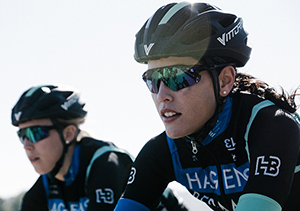
Looking back on the coaches I’ve had, I wish I had put more time into finding the right fit. In the beginning, I didn’t realize how important the right coach was. My approach wasn't haphazard; I found a coach by word-of-mouth, based on what I could afford, and based on the coach's athletic experience. I tried coaches that other cyclists had worked with and realized that just because one athlete saw results with a coach didn’t necessarily mean that I would. In the end it comes down to finding a coach that’s going to put in the effort to discover what your strengths and weaknesses are and make a unique plan for you. Every athlete has different needs and it’s all about choosing a coach that meets those individual needs and style of communication.
I realize now that I needed a coach who understood my backstory, could empathize, and was then willing to help me get where I wanted to be. I needed a coach that would build me up when I doubted myself and the training, one who would give me the support that was lacking from my family. I realize that having a stronger bond with my coach could have given me the extra boost I was searching for because confidence was my biggest weakness.
I'm looking forward to completing my kinesiology degree, personal training certification, and using my knowledge and experience so I can teach others and be the right coach for great cyclists to come.
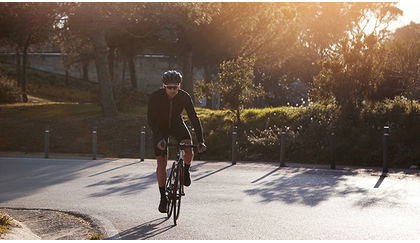
RELATED ARTICLE:
How to recover faster and better from hard rides
After putting in some serious miles it can be difficult to bounce back for your next ride. BikeRoar gives you some tips on... READ MORE
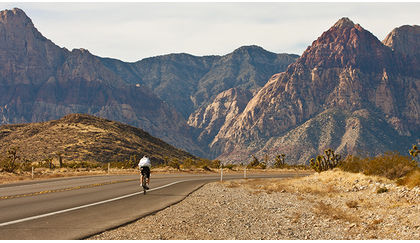
RELATED ARTICLE:
5 life lessons I learned from riding road
The many hours you spend riding road not only keeps you in shape, they can teach you more about life than you would expect... READ MORE
